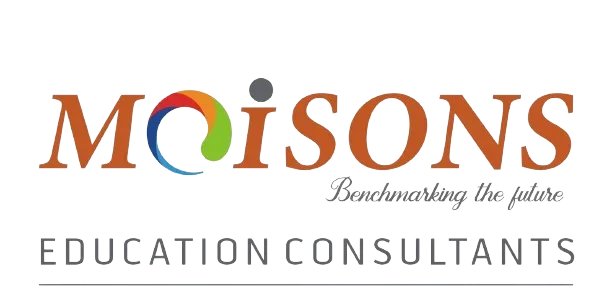Bell School Cambridge is a renowned institution established in 1955 by the visionary educator Frank Bell, founder of Bell Cambridge. Initially conceived as an English language school, it has since expanded to transcend its origins to encompass numerous courses for a global student body. Bell School has emerged as a comprehensive academic hub, oDering programmes across various disciplines. This transformation reflects the institution’s steadfast commitment to innovation and adaptability in the ever-evolving landscape of higher education. The influence of Bell School extends beyond the historic confines of Cambridge, as it has established a presence in London. This expansion highlights the institution’s strategic vision to reach a broader audience and provide accessible education to students from diverse backgrounds. With its London campus, Bell School continues to uphold its tradition of academic excellence while embracing the dynamic cultural nature of one of the world’s leading global cities.

The school has widespread popularity among international students due to its steadfast belief in the importance of intercultural awareness and collaboration for a truly holistic educational experience. With a diverse student body representing 75 diDerent countries, the school provides a melting pot of perspectives and experiences. Furthermore, Bell School has numerous comprehensive English language programmes, catering to students at various proficiency levels. From general English courses to specialised oDerings such as IELTS and Cambridge exam preparation. Additionally, an intensive English diploma for those seeking more rigorous study, ensuring that learners receive tailored support to enhance their language skills eDectively. In addition to its English language courses, Bell School further enhances its appeal to international students through its University Foundation Programmes. These comprehensive pathways oDer students a gateway to higher education, providing the necessary skills and knowledge toexcel at the university level. With three starting points throughout the year, the programmes oDer flexibility and convenience, allowing students to embark on their academic journey at their preferred pace. Upon completion of the programme, students are guaranteed a place at a UK university. The programmes oDered are:
• Business
• Humanities
• Science and Engineering
For students aspiring to study abroad beyond the UK, the school oDers support throughout the application process, ensuring a smooth transition.
How To Apply?
Moisons can provide you with exact details of the course, fees, admission process, how to apply and more. Reach out our team at askus@moisons.com

